 Teens Are Scary, and Other Lies I Once Believed ~
Teens Are Scary, and Other Lies I Once Believed ~
Written by Jamie C. Martin of Simple Homeschool and Introverted Moms
I was terrified of homeschooling teenagers. I mean, who wouldn’t be? All I saw on television and in movies confirmed it as a dreaded age – when once sweet and loving little ones transformed into hormonal monsters who would just as easily scream at you as talk to you.
They seemed…scary.
Prefer to listen instead?
It’s weird because I remember what I longed for as a teen myself: a listening, nonjudgmental ear, protection from problems too big for me to solve alone, and someone who believed in and respected me.
But today’s teens, according to pop culture, are a different breed: purposeless, lacking dedication and motivation, only interested in self, faces constantly aimed down at a screen.
You can’t even get them to look up.
I wish I could go back and tell myself to relax. It turns out that interesting children turn into interesting teens, who long for the same things I once did, and struggle with the same things I once struggled with.
I don’t mean to imply that this phase of parenting is all roses and buttercups. NOT a bit. It definitely has had scary moments. Each stage of motherhood has its own trials, and adolescence is no exception. The stakes are higher and everything feels dialed up.
During this season in our family’s life we’ve navigated significant learning struggles, attention and mood difficulties, depression and anxiety, suicidality, healing from trauma, as well as the typical hormonal fluctuations biologically common at this age.
But that’s where “relationship-centered homeschooling” has thrown us a lifeline again and again.
With that as your foundation you have something solid to build on. Something to go back to even when it feels as though everything around you has started to crumble. Because of what we’ve constructed for our kids, no cracks can grow large enough for them to fall through.
While we’re on the subject of my misconceptions regarding teenagers, here are a few other lies I once believed:
Teens Are Scary, and Other Lies I Once Believed
1 – They don’t like learning.
This stereotype comes from the overall lack of control most teens have when it comes to their education. If you’re at an age where your body and brain long for independence and autonomy, but you’re forced to spend six hours each day in a building where much of your day is scripted, plus extra hours doing required work just to go back the next morning and do it again, would you like learning?
It’s kind of like being surprised that prisoners don’t like prison. That’s why home education offers a rare opportunity for teens to enjoy learning and focus on their areas of interest.
It’s a partnership, not a prescription.
2 – They don’t want your help.
Every person on the planet wants to feel respected. Modern-day teenagers know that society looks down upon them and expects nothing good from them, which ends up becoming a self-fulfilling prophecy.
As author Rachel Macy Stafford wrote, “Feeling seen and heard enables human beings to reach their highest potential.” Those who make us feel seen and heard are those we naturally turn to for help.
Homeschooling gives parents the chance to contribute to this role, instead of solely peers.
3 – They are only interested in screens.
I’ve had to slowly accept this: Screens are everywhere. In spite of my inner resistance to that fact, this is the world our teens are inheriting. Instead of wishing it away, let’s do everything possible to prepare them for it.
Young people of every generation always embrace new technologies first, as you might remember from your past. As parents, however, we can provide healthy boundaries around screens, use parental controls wisely, research the tv shows and movies they’re interested in, and offer alternatives that get a teen off screens and into life.
This means we must put down our own screens to engage with them, however!
Let’s make sure they understand the risks and the attention economy by watching and discussing the issue regularly, and also pointing out when someone has publicly suffered the sad consequences of poor online choices.
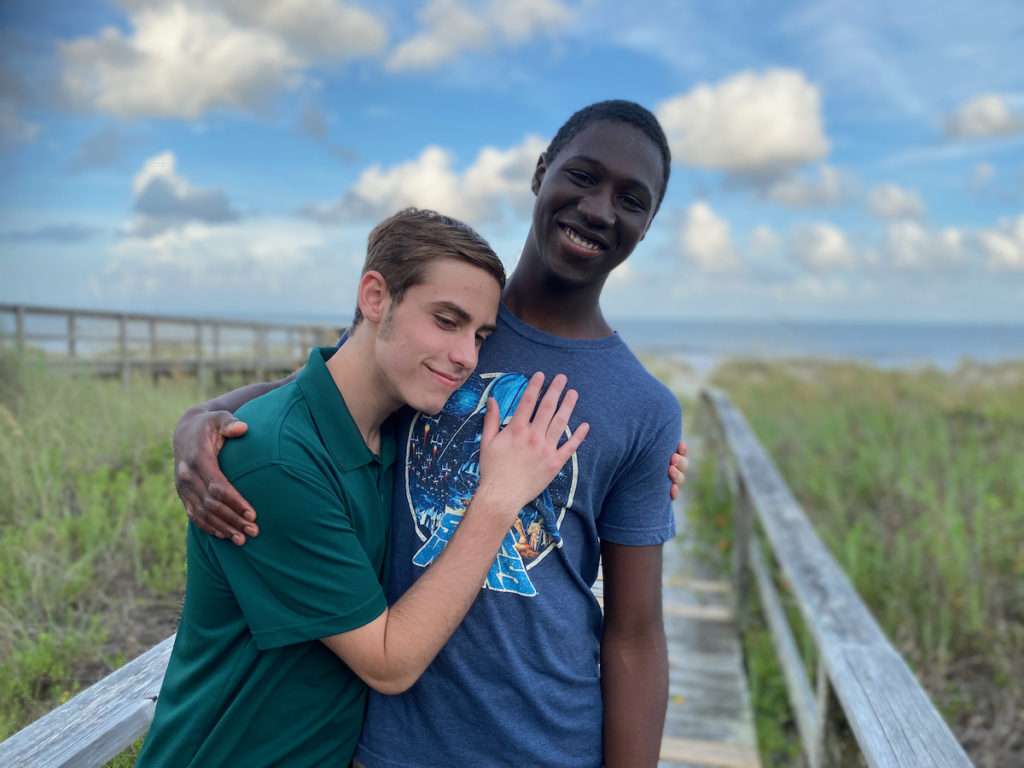
4 – They think they know it all.
Teenagers in modern society are frozen between two worlds: desperately wanting to be “taken seriously” while knowing fully that compared to the adults in their lives, they lack power.
And what happens in nations where citizens feel powerless? They assert their limited power and eventually revolt.
The same is true on an individual level, resulting in this “know it all” grasping-at-power technique. But if we can slowly transfer real power when we sense they’re ready, they might push back just a little less.
And if we can model humility when it comes to our mistakes and all that we don’t know, they’ll be more likely to do the same.
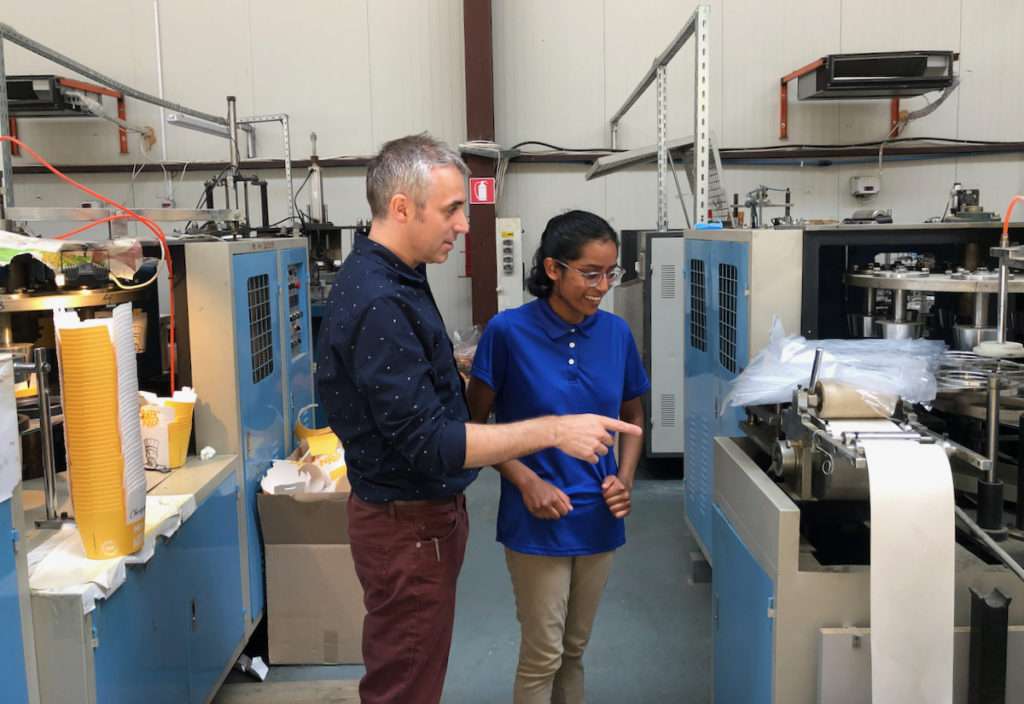
5 – They don’t care about the world.
During adolescence introspective thinking becomes more refined in the brain, meaning that a teen’s focus naturally turns inward at this point in development. But too much inward focus comes with its own dark downside, as rising mental health statistics continue to showcase.
Interestingly, research shows that up-and-coming generations care just as much, if not more, about shaping a better world than past ones. The sense of powerlessness I mentioned above, however, can make it feel as though there’s nothing they can do to make change.
But when we model purposeful and meaningful living, we offer them outlets for developing and activating their compassion, through well-chosen books read together and separately, daily pitching in around the house, financial giving, family prayer, and local (or global) volunteer opportunities.
Not only do these opportunities allow them to make their individual worlds a better place, they also break up the natural self-concern that can otherwise run rampant at this age.
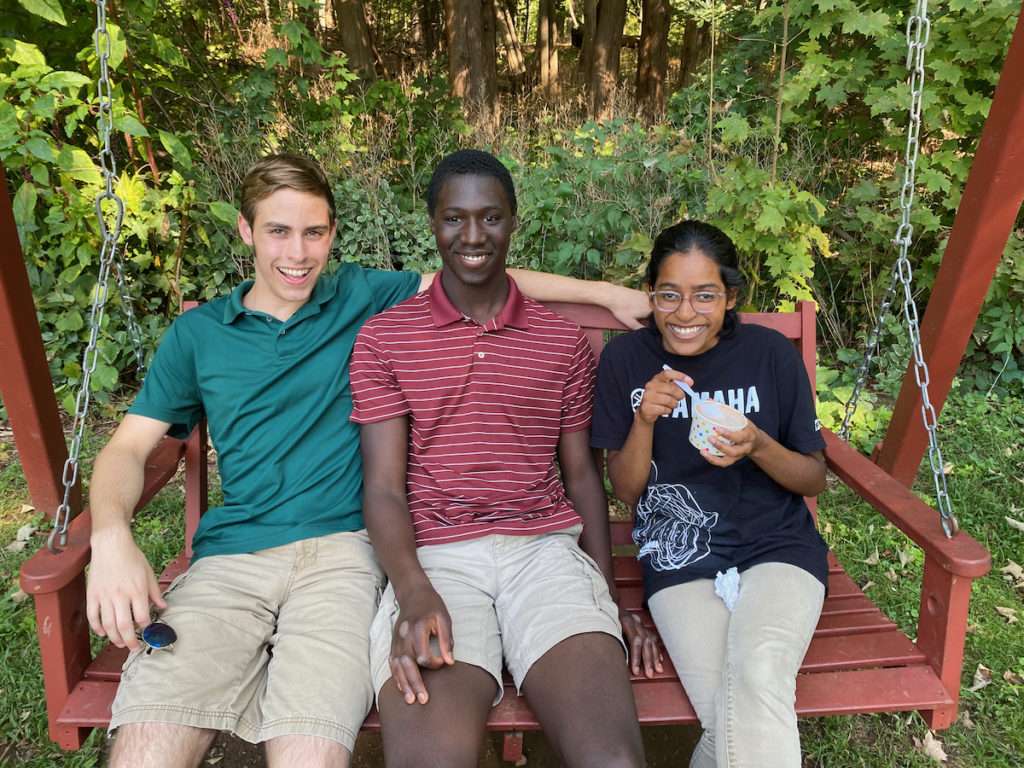
No, teens are not as scary as I once believed. They’re maturing young men and women trying to find their way. Unique individuals with strengths, weaknesses, and a calling. We can help, providing our relationships remain strong.
The current structure of our society undervalues them, which can make them undervalue themselves. But we have a beautiful opportunity to speak value and life into this short, meaningful season.
Home education has given us the time to make relationships our top priority, and even with the many challenges that have come along the way, I have no regrets.
Have you had stereotypes of certain ages dissolve as well? Or did you once think teens are scary, too? I’d love to hear about it below!
What’s Your Homeschool Mom Personality? Take Jamie’s quiz now and receive a free personality report to help you organize your homeschool based on what your personality type needs most!

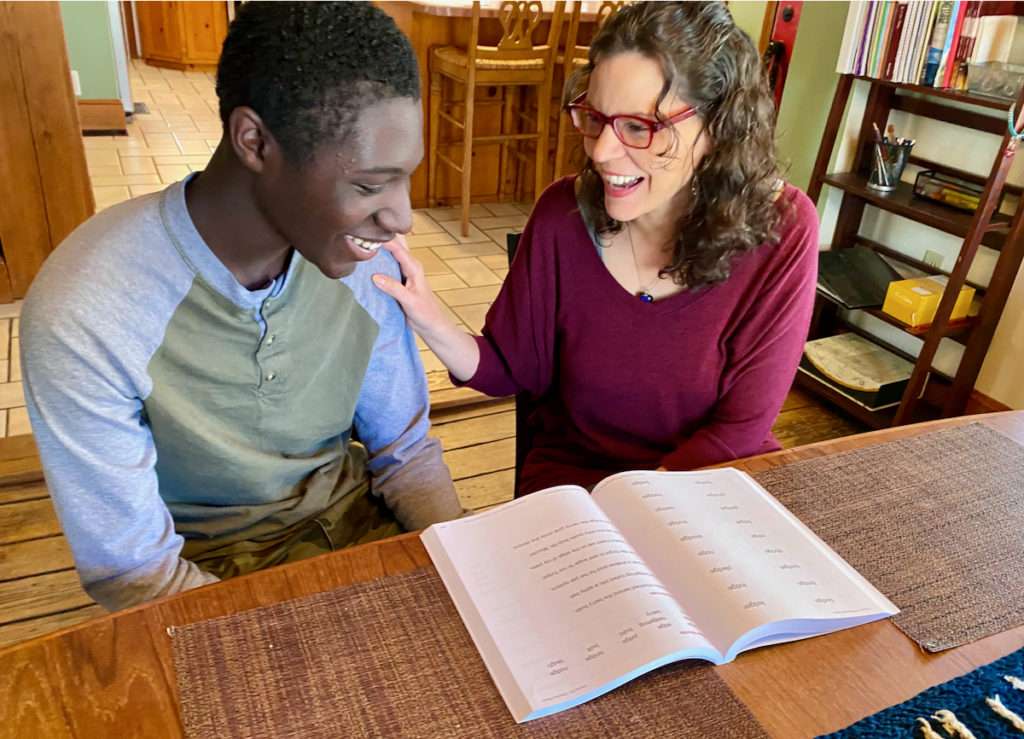
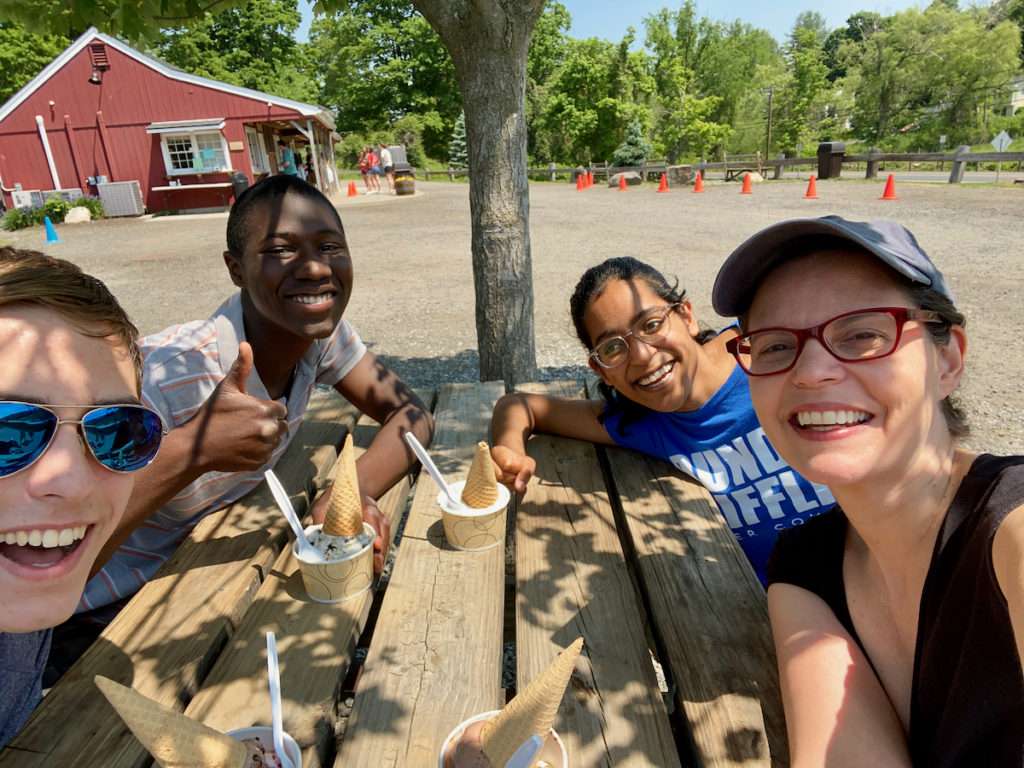
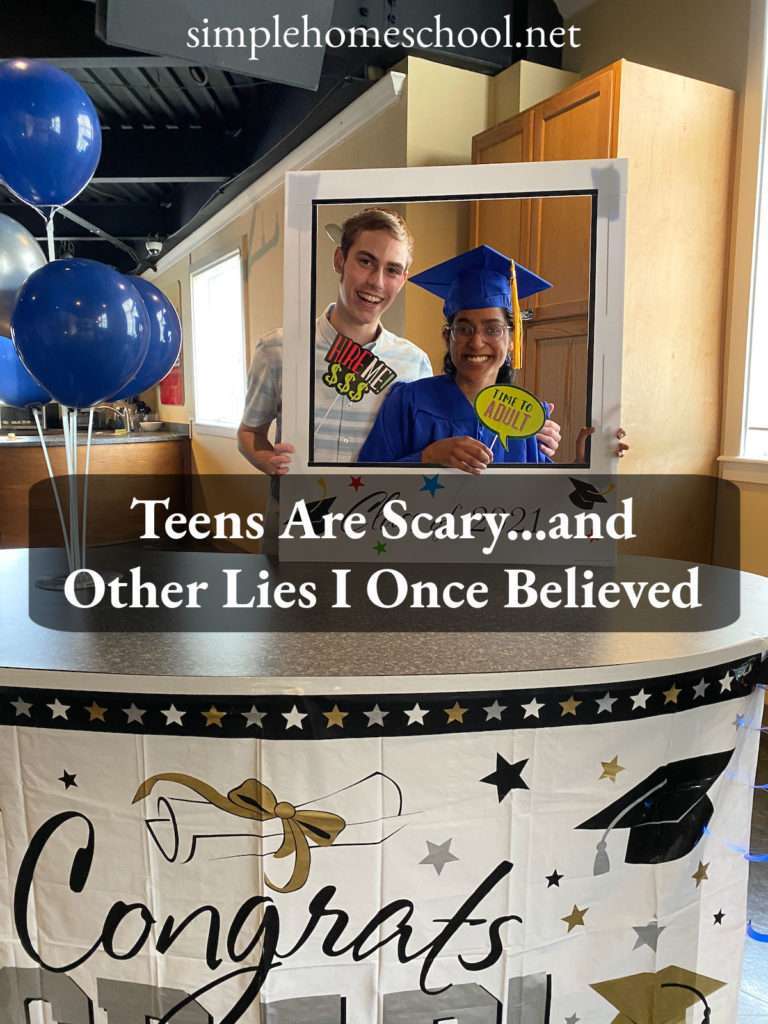
 Weekend homeschool links: October 22
Weekend homeschool links: October 22
Thank you for your encouraging words. We are about to enter this phase.
I’m so glad it was a blessing, Janet!